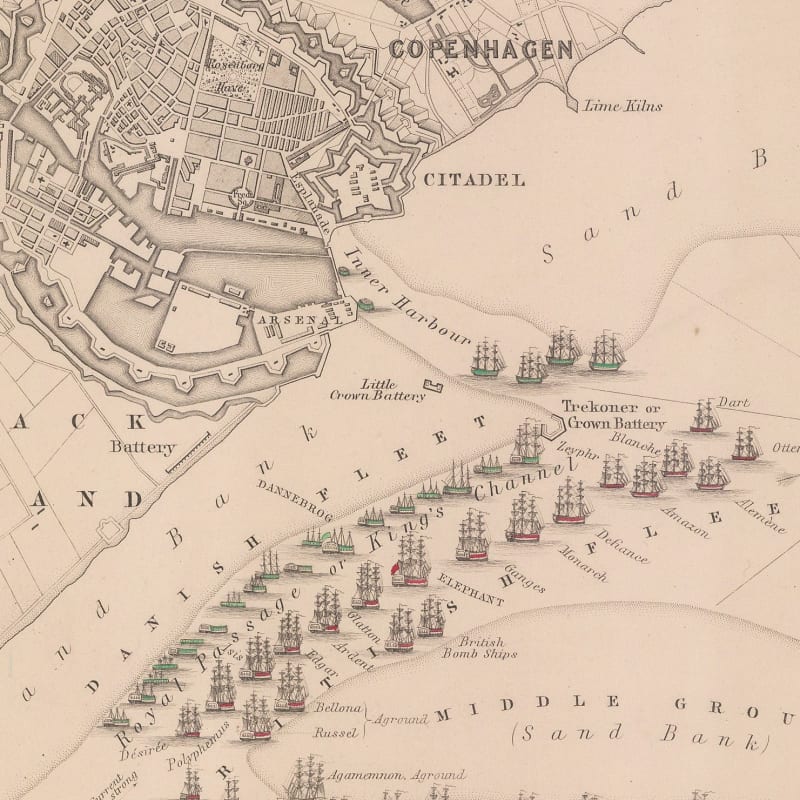Archibald Alison (29 December 1792–23 May 1867) was a Scottish criminal lawyer and historian, and brother of William Alison, the physician and social reformer. Although born at the parsonage of Kenley in Shropshire, his father moved the family back to their native Edinburgh in order to give his sons a better education. It was here that Alison studied and practised law, apparently with some success: he was admitted to the Faculty of Advocates in 1814, became the Sheriff of Lanarkshire in 1834, and in 1853 was awarded an Honorary Doctorate of Civil Law by the University of Oxford. He married Elizabeth Tytler in 1825 with whom he had three children. In 1835, the family moved to Glasgow where Alison was elected rector of the University of Glasgow. Alison was created a baronet on the 9th of June 1852, succeeded by his eldest son after his death in 1867.
Alison was also known as a High Tory ‘political philosopher’, whose strongly conservative views make him a controversial character. Alison felt his true vocation to be that of historian and social commentator, and he frequently contributed to the Tory review Blackwood’s Edinburgh Magazine, a rival to the Whig-supporting Edinburgh Review. In a number of articles and publications, Alison defended the Corn Laws, the Poor Laws (believing that the poor could improve their condition by emulation of the ‘superior’ habits of the middle classes), and actively defended the institution of slavery in the British Empire from which his family had benefitted considerably. Following the 1833 Slavery Abolition Act and the Slave Compensation Act of 1837, Alison received £4,000 in compensation as trustee of his brother-in-law’s plantation on the island of St Vincent.
His principal work, conceived of while travelling through France in 1814, was his multi-volume History of Europe from the Commencement of the French Revolution in 1789 to the Restoration of the Bourbons in 1815. Published in ten volumes between 1833 and 1842, the History of Europe was reprinted and reissued many times throughout the century, sometimes in as many as twenty volumes, including foreign language editions. The work proved to be a success despite inclusion of subjective opinions and criticism from the likes of Disraeli, who satirised Alison in Coningsby as ‘Mr Wordy’, who wrote a history to prove divine providence was on the side of the Tories.
An accompanying atlas volume, consisting primarily of military maps and with a glossary of military and marine terms, was produced in 1848 by the Scottish geographer and cartographer Alexander Keith Johnston.


